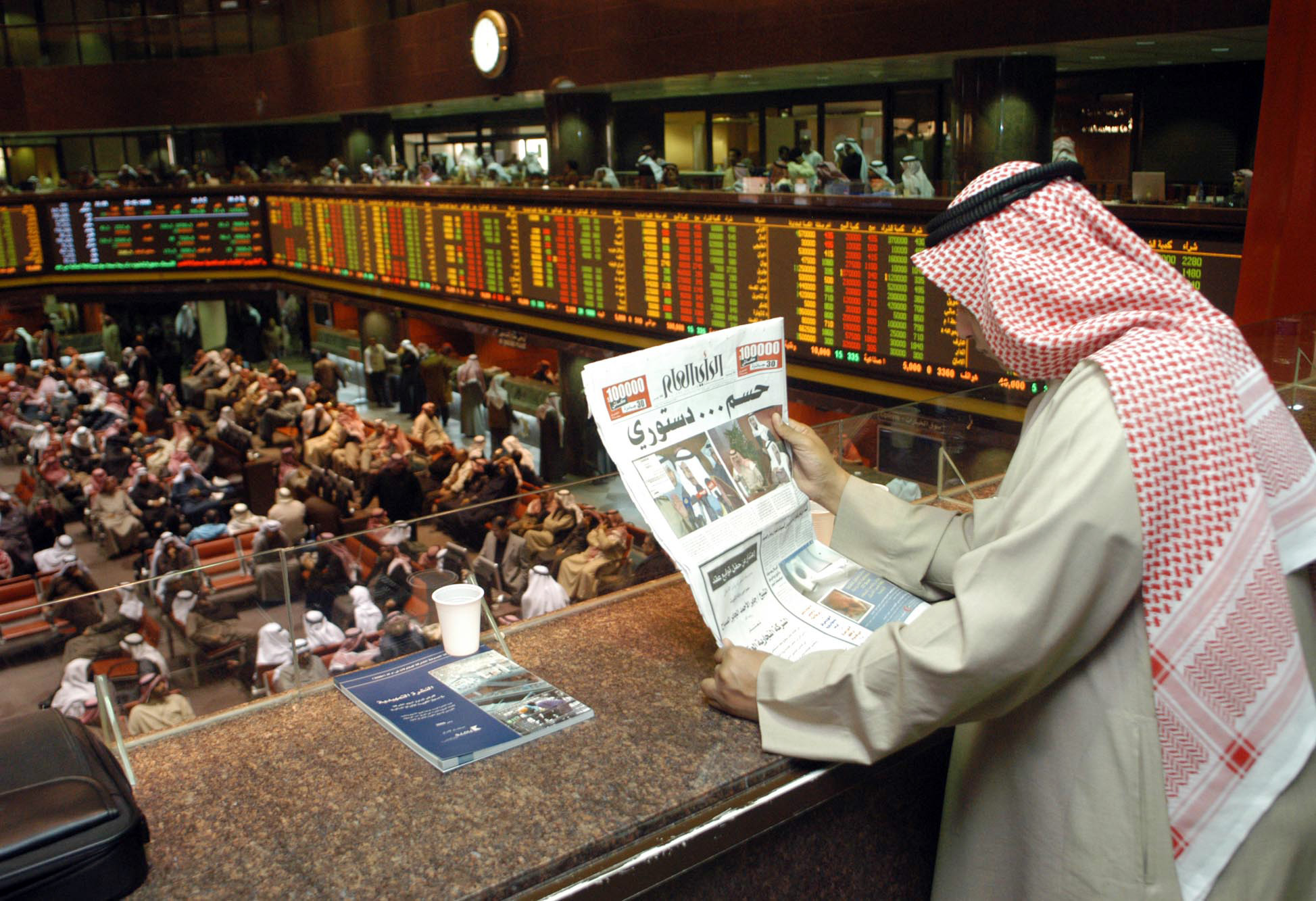
Muscat: Stock markets in the Middle East and North Africa (Mena) region recorded gains during the first month of 2017, with nearly all markets closing the first month in the black.
Kuwaiti price and weighted indices led the gains, rising by 18.9 per cent and 12.4 per cent, respectively, followed by Bahrain at 6.8 per cent. Saudi Arabia and Oman were the only markets to register a decline in January, falling by 1.5 per cent and 0.1 per cent, respectively, according to a monthly analysis conducted by the Kuwait Financial Centre.
Kuwait bourses have rallied for 14 consecutive days, but a look at the top five stocks by value traded suggest that their main activities are primarily in large cap companies. Also, with Pakistan upgraded to MSCI Emerging Markets Index, Kuwait and other countries could see increased representation in the MSCI Frontier Markets Index.
With the fall in oil output, in line with the Opec agreement, many Saudi sectors were affected, with losses posted in banking, retail, hotels and tourism, as well as transport sectors. Corporate earnings across all sectors rose by 2 per cent in 2016, but earnings in banks and materials companies fell by 5 per cent and 8 per cent, respectively. S&P GCC grew by 1.6 per cent in January, to close the month at 101 points.
Mena markets witnessed an upswing in momentum in January, with volumes rising 53 per cent and value traded at 3.7 per cent. All Mena markets, barring Saudi Arabia, witnessed a rise in market liquidity in December, with Kuwait, Bahrain and Abu Dhabi leading the increases. Value traded in Kuwait stood at $3.9 billion in January, compared to $9.5 billion for the whole of 2016.
Blue chip companies also had a positive month, with Kuwaiti large caps dominating the best GCC performers in January. Shares of Zain, Kuwait Finance House, National Bank of Kuwait and Kuwait Projects posted double-digit growth.
Meanwhile, the Saudi Stock Exchange is set to introduce settlement of trades within two working days of execution (T+2) during the second quarter of 2017. Tadawul also published draft rules for short-selling, and the borrowing and lending of securities. Presently, trades must be settled on the same day, which has inconvenienced foreign investors, in particular, as they must have large amounts of money on hand before trading.
The Saudi cabinet approved an IMF-backed value-added tax (VAT) to be imposed across the Gulf, following the slump in oil prices. A 5 per cent VAT will be levied on certain goods, following an agreement with the GCC in Jun 2016. The move is in line with the IMF recommendation for Gulf States, to impose revenue-raising measures, including excise and value-added taxes, to help adjust to the low oil price environment that has slowed regional growth. The GCC countries have also agreed to implement selective taxes on tobacco, and soft and energy drinks this year.